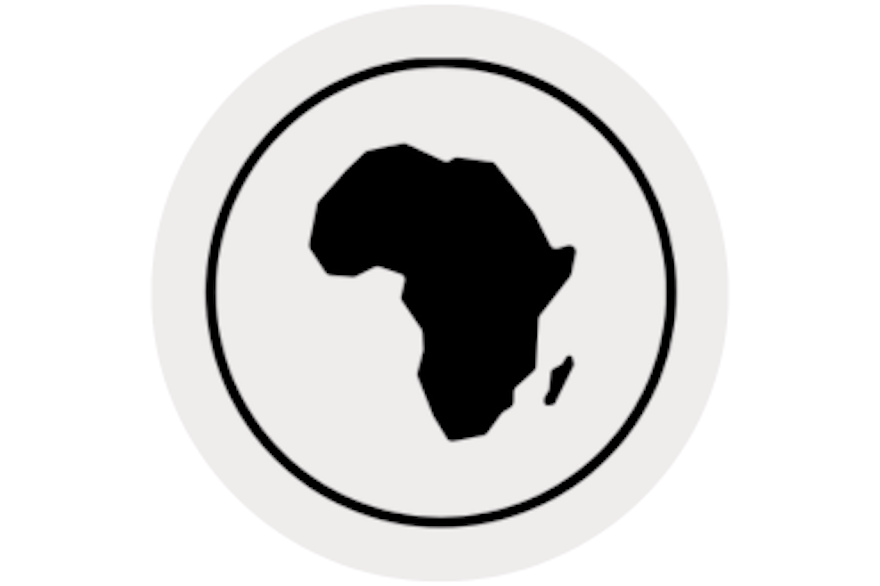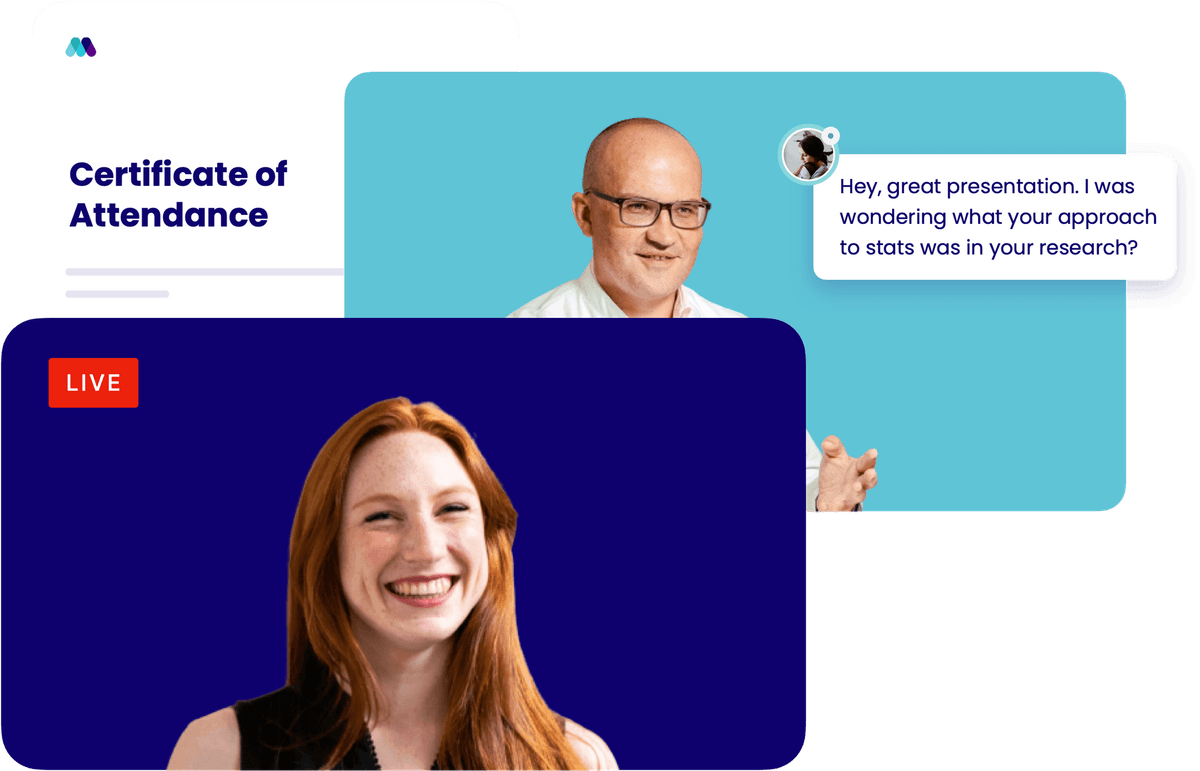The Surgery Interest Group of Africa (SIGAf) are making history. They're uniting surgeons and medical students across Africa, offering education, mentorship and research opportunities. Since launching in April 2022, SIGAf have quickly grown into one of the largest medical organisations in the continent, building and nurturing the African surgical workforce. We had the privilege of chatting to Damilola, an aspiring Surgeon and President of SIGAf, about their growth, goals and plans to take SIGAf global.
We’d love to know more about you, and why you started SIGAf?
After I graduated in 2019 from university in Nigeria, I did an internship and then worked for a year, but I realised I didn't have any research experience in medicine. Compared to students abroad who have access to groups such as STARSurg, InciSioN and NANSIG, there was a lack of peer group support for students in Africa. We decided to create something like this in Africa. The aim was to help African medical students and early career doctors get access to research, skills in research and to create a network of surgeons. So, we launched SIGAf in April 2022 and since then we’ve grown to over 700 members and had lots of publications and presentations. We've been able to motivate medical students across Africa to get into research and get connected with mentors.
Can you share more on how SIGAf is structured and organised?
It’s a large organisation with a community for every surgical specialty. Each of these communities have leaders and assistants who are responsible for guiding the goals of the community. The objectives are pretty straight forward; produce as much educational content as you can, try to create research groups within your communities and make sure you have consultants to provide mentorship opportunities.
Why did you start using ���ϲ�����?
The Interest Group needed a virtual platform to use for all of our events. We tried Zoom and Google Meet to start with, but they weren't comprehensive enough. I came across ���ϲ����� on social media, attended an event and thought it could work for us.
���ϲ�����, is an upgrade from other video conferencing platforms, and specifically designed for the medical world. You have a portfolio, and an easy way to generate feedback and certificates. We were able to record our content and have it available as catch-up, which wasn’t possible, or free, on other platforms. It's really, really useful for our organisation and the perfect platform for us.
How can ���ϲ����� continue to help SIGAf grow?
We're still a young organisation, we're just shy of about nine months now, so we could definitely use support in terms of reaching out and getting publicity on ���ϲ�����. ���ϲ����� has assisted us with this already and we’ve won the twice I don't think there's any organisation like us on the continent and we've had people from other countries attending our general events; from the UK, the US, Uruguay and Pakistan. Our name is definitely out there. We haven't really focused on African specific diseases, which is something we will eventually start to do. When we start to produce homegrown research and start to discuss homegrown data, I expect more people from other countries are going to join.
We’d love to know, what’s been your proudest moment as president of SIGAf?
If I had to pick one, it would be the because we had 300 people in attendance, many of them from different countries, and a wide variety of speakers from different parts of the world. We talked about things that were related to Africans, such as how to get into training and research in Nigeria. We also had oral and poster presentations, which medical students did. Without ���ϲ����� it would have been very difficult for us to host our conference. ���ϲ����� gave it a "real" feeling, like it was an actual conference, with breakout rooms, sessions, moderators and speakers, certificates for oral and poster presentations and certificates for speakers.
Our organisation aims can be broken down into three: research, education, mentorship. Do we have medical students now doing research? Yes, we do. Do we have medical students that have now published research? Yes. Do we have medical students that have presented their research, under SIGAf at international conferences? Yes, we do, at both in person and virtual conferences. These are all students and scenarios that would've never happened without SIGAf.
What does the future hold for SIGAf?
The potential for SIGAf is really enormous and the rate of growth of the organisation is in itself is success story. When we started SIGAf in April, we didn't think we were going to get this big, this fast, across the continent. I'm projecting we’ll have more than 2000 members by the end of next year as our trainees begin to graduate, become consultants, and then feed back into the organisation. We’re potentially the first organisation doing this, on this scale. I think we'll become a very, very, very big African organisation that everyone wants to partner with in the next couple of years. We're hoping to form partnerships, including with ���ϲ�����, and see how we can build something together for both our community in Africa and around the world. I don't think this growth would've been possible without ���ϲ�����.
To find out more about the Surgery Interest Group of Africa, and to get involved in their upcoming events check out their or follow them on .




